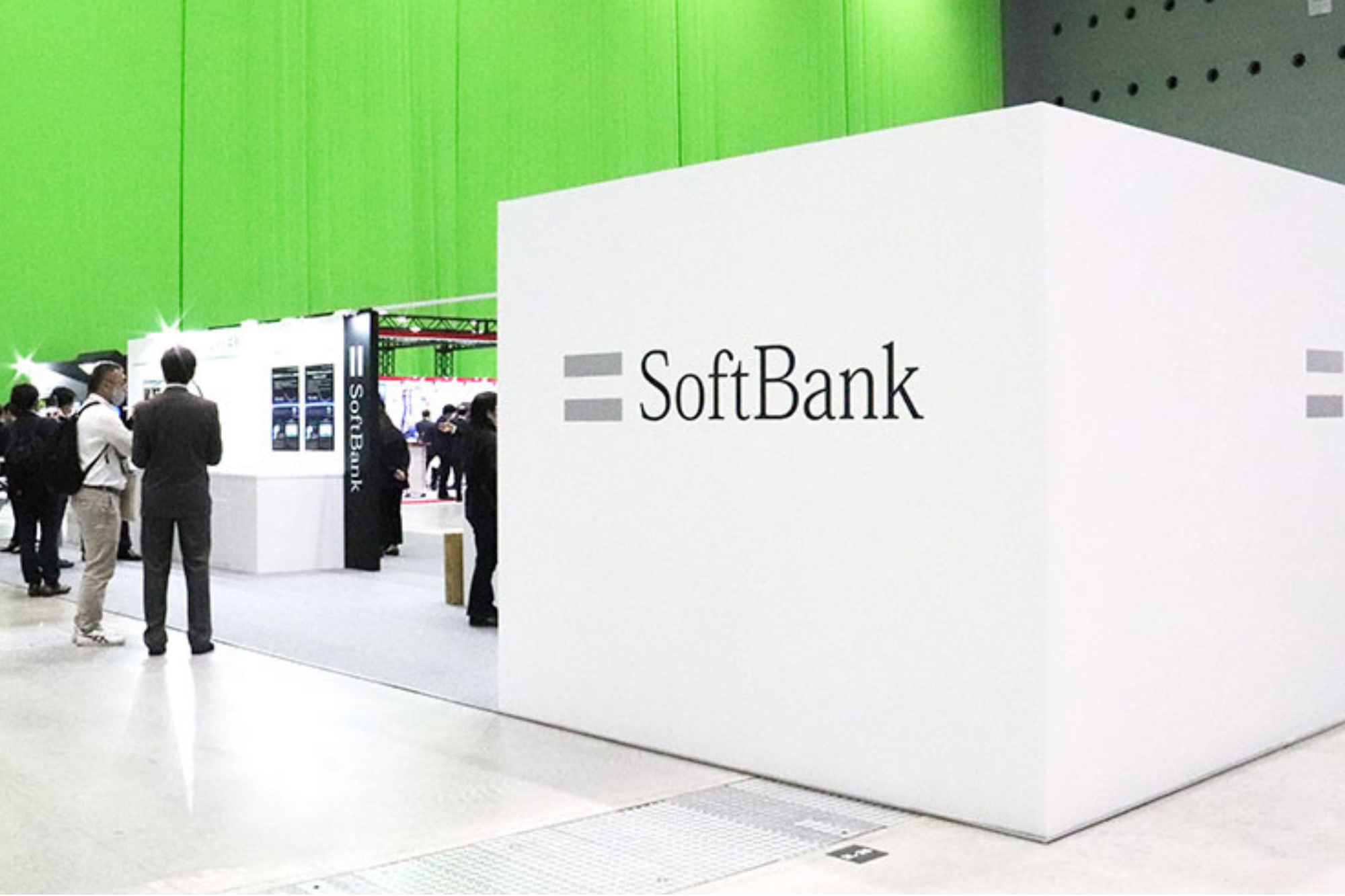Investing
How SoftBank Has Changed Its Investing Strategy Since Entering India The investment conglomerate is shifting from investing in startups valued at $5 billion to startups valued at roughly $2 billion. Additionally, it reduced cheque amounts from $1 billion to $100-150 million.

Entrepreneur
You’re reading Entrepreneur India, an international franchise of Entrepreneur Media.
Over the past ten years, SoftBank has invested close to $15 billion in startups in India. The majority of these investments have recently taken place.
However, since establishing an on-the-ground team in India, its third-largest market after the US and China in 2019, the investment behemoth has revised its investing strategy.
Diversified approach to investing
According to a report by investment bank Bank of America (BofA), SoftBank began investing more in models that are special to India in 2019 rather than the global replica models. The company has changed its investment criteria, shifting from investing in startups valued at $5 billion to startups valued at roughly $2 billion.
Additionally, SoftBank reduced cheque amounts from $1 billion to $100-150 million. The Japanese investment conglomerate’s shares were then reduced from over 40% to around 25% with one board seat.
The BofA research said that SoftBank also started making investments in a wider range of industries and began collaborating with the Indian PE/VC ecosystem. It also invested in SaaS (software-as-a-service) firms, a sector that had previously bored the Japanese investment company.
Currently aiming to invest in India at a late stage, SoftBank normally underwrites five years prior to IPOs. As per BofA report, the company is also willing to host a post listing.
How is the portfolio doing?
The research note further said that nearly half of SoftBank’s Indian portfolio companies are near or above breakeven. As startups battled a fundraising winter and a deteriorating macroeconomic environment in the last 6 to 9 months, the BofA report highlighted that these companies did a “good job” in cutting costs materially.
According to the report, startups’ previously experienced growth rates of 60–80% were decreased to 15–30% as a result of cost-cutting initiatives. By the end of March 2023, 94% of SoftBank’s investee companies already had cash runways of at least 12 months.
Three of SoftBank’s portfolio firms are listed publicly in India. Since the lock-in period came to an end in November 2022, the Japanese investor has reduced his holdings in the three. The BofA report claims that SoftBank has made $1.05 billion by selling holdings in Paytm, PB Fintech, and Delhivery since those companies went public.
It has partially exited from some unlisted companies, like Lenskart and FirstCry, even in the private markets.
The present and future outlook
From its two vision fund investment units, SoftBank has so far made investments in close to 30 Indian companies. More than 20 of these are unicorns, or firms valued at more than $1 billion. SoftBank was one of the most active and aggressive investors in 2021, a watershed year for investing in India’s startup ecosystem.
However, the investment firm has slowed down the pace of its investments in the country recently, making only a small number of investments last year and having not written any sizable checks thus far this year.
Late stage startups have been severely impacted by the financial winter brought on by the global economic downturn, with investors pushing for profitability of portfolio businesses.
SoftBank’s ownership of Paytm has decreased from 17.45 percent in November, when the lock-in period ended, to 12.88 percent as of March 2023. The Japanese investor’s holding in PB Fintech has decreased from 10.16 percent in November to 5.08 percent, while its stake in Delhivery has decreased from 18.48 percent to 14.56 percent.
“SoftBank hasn’t made any significant investments in the past 12 months. This is as a result of the majority of businesses not scaling up adequately due to the funding winter and slowing consumption. Few companies fall into SoftBank’s “sweet spot” of investing in startups valued at $500 million to $2 billion. SVF investment firms are focusing more on improving unit economics in the face of ongoing uncertainty,” according to analysts at BofA.
A media report from earlier this week claimed that the Japanese investment behemoth is in discussions for potential investments with five companies.
Read the full article here

-

 Side Hustles6 days ago
Side Hustles6 days agoExpand Your Global Reach with Access to More Than 150 Languages for Life
-

 Side Hustles7 days ago
Side Hustles7 days agoKickstart Your Year With These Entrepreneurial Health Checkups
-

 Side Hustles5 days ago
Side Hustles5 days agoKFC Announces Saucy, a Chicken Tenders-Focused Spinoff
-

 Side Hustles6 days ago
Side Hustles6 days agoThis AI is the Key to Unlocking Explosive Sales Growth in 2025
-

 Investing5 days ago
Investing5 days agoPalantir, Anduril join forces with tech groups to bid for Pentagon contracts, FT reports By Reuters
-

 Side Hustles4 days ago
Side Hustles4 days ago4 Ways Content Can Make or Break the Customer Experience
-

 Passive Income7 days ago
Passive Income7 days agoHow to Motivate, Inspire and Energize Your Employees
-

 Side Hustles4 days ago
Side Hustles4 days agoHow to Build a Legacy of Leadership in Your Business in Six Proven Strategies


















